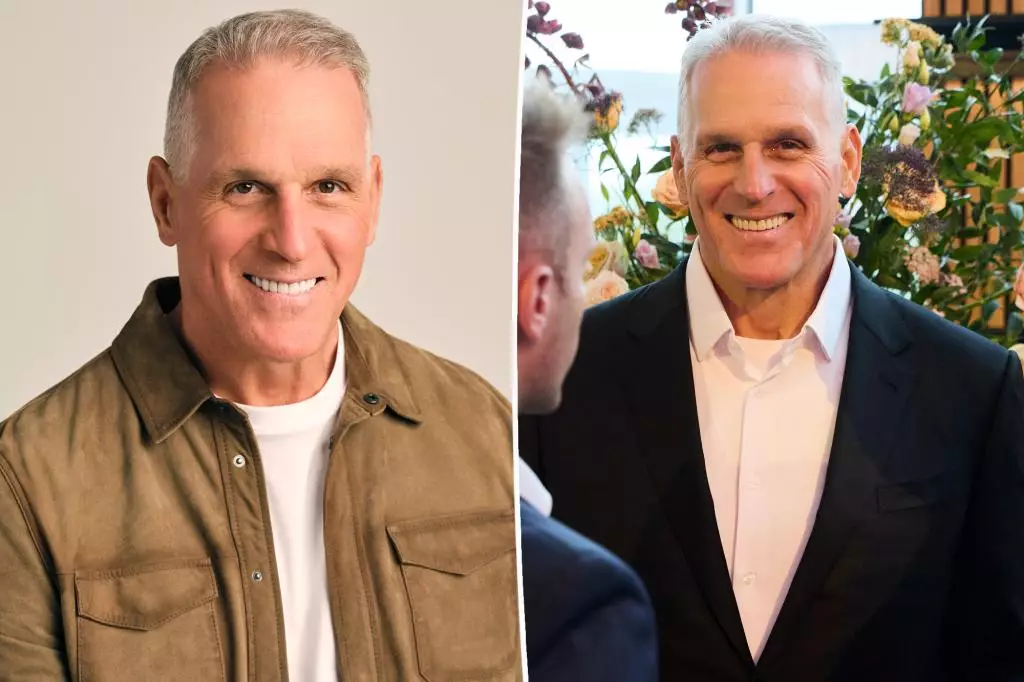The recent comments by Mel Owens, the 66-year-old star of “The Golden Bachelor,” have sparked notable debate about ageism and superficial standards in senior dating shows. Owens openly stated that he was only interested in dating women between 45 and 60 years old and explicitly excluded anyone over 60. His blunt statement—“If they’re 60 or over, I’m cutting them”—reflects a candid but problematic attitude towards age within a context that should ideally celebrate mature connections. Owens also emphasized fitness and physical appearance, adding a dismissive note about avoiding “artificial hips and wigs.” Such comments reveal an uncomfortable tension between promoting genuine romance among older adults and still succumbing to the often youth-obsessed beauty standards prevalent in mainstream media.
While Owens asserted his preferences during the casting process to producers, it’s important to critically examine the implications of such criteria on a show designed to highlight the love lives of an older demographic. The very premise of “The Golden Bachelor” is to showcase dating experiences beyond youth, yet Owens’ stance channels an implicit age hierarchy that diminishes women over 60—many of whom represent the core viewer base and emotional heart of the narrative. This selective preference touches on deeply ingrained societal biases about aging and desirability, signaling that even in senior-focused entertainment, traditional norms of attractiveness prevail.
Public Backlash and the Culture of Age in Media
The backlash Owens received, particularly on social media platforms like X (formerly Twitter), illustrates how his statements struck a nerve. Critics labeled his remarks as ageist and superficial, questioning how a man of his age could dismiss an entire subset of women purely based on a numerical cutoff. Such reactions highlight a growing cultural sensitivity and rejection of blatant age discrimination—even when it comes from seniors themselves. One commenter sarcastically noted that Owens’ attitude might explain why he remains single, indirectly pointing out the self-defeating nature of his exclusionary views.
This incident also signals a broader discourse about how aging and attractiveness are framed in media. Just as younger people face pressure to conform to arbitrary beauty standards, older adults are not immune. Owens’ comments expose a clinging to youth-centric ideals, even in the context of a show that should champion maturity and experience. The criticism also interrogates the responsibility of networks like ABC to foster inclusive portrayals of aging love rather than replicating exclusionary tropes.
The Reality of Senior Romance on Television
The debut season of “The Golden Bachelor,” featuring Gerry Turner, who dated women over 60 and even married one, initially seemed to embrace a more open and inclusive perspective on senior relationships. Turner’s engagement to 71-year-old Theresa Nist, though short-lived—it ended in divorce after just three months—offered a glimpse into the real complexities of love at a later stage of life. Their openness about their separation and mutual respect in discussing it on national television stood as a refreshing departure from the typical glossed-over endings or overly dramatized breakups common in reality TV.
Nist’s subsequent experiences, including receiving interest from significantly younger suitors, also reflect how age intersects with desirability in unpredictable ways. It underscores that senior singles, particularly women, can retain agency and appeal beyond traditional age boundaries, challenging the assumptions that underlie Owens’ casting preferences. Her candid revelations reveal the nuanced reality that age does not rigidly define romantic potential or appeal.
The Need for Evolving Narratives in Senior Dating Shows
This controversy around Mel Owens spotlights a critical need for shifting narratives in senior-focused reality television. Dating at an advanced age is multifaceted, involving emotional maturity, life experience, and diverse definitions of attractiveness that transcend physical fitness or strictly imposed age brackets. Reality TV producers must balance casting choices with evolving audience expectations around inclusivity and respect for all expressions of aging.
By favoring a narrow age range and a specific aesthetic ideal, Owens—and by extension the show—risk undermining their mission to authentically portray love in later life. Challenging ageist and superficial norms can empower older adults and resonate more meaningfully with viewers. “The Golden Bachelor” has the potential to lead this cultural shift, but only if it embraces complexity over simplicity and values connection over conformity to outdated ideals.

Leave a Reply